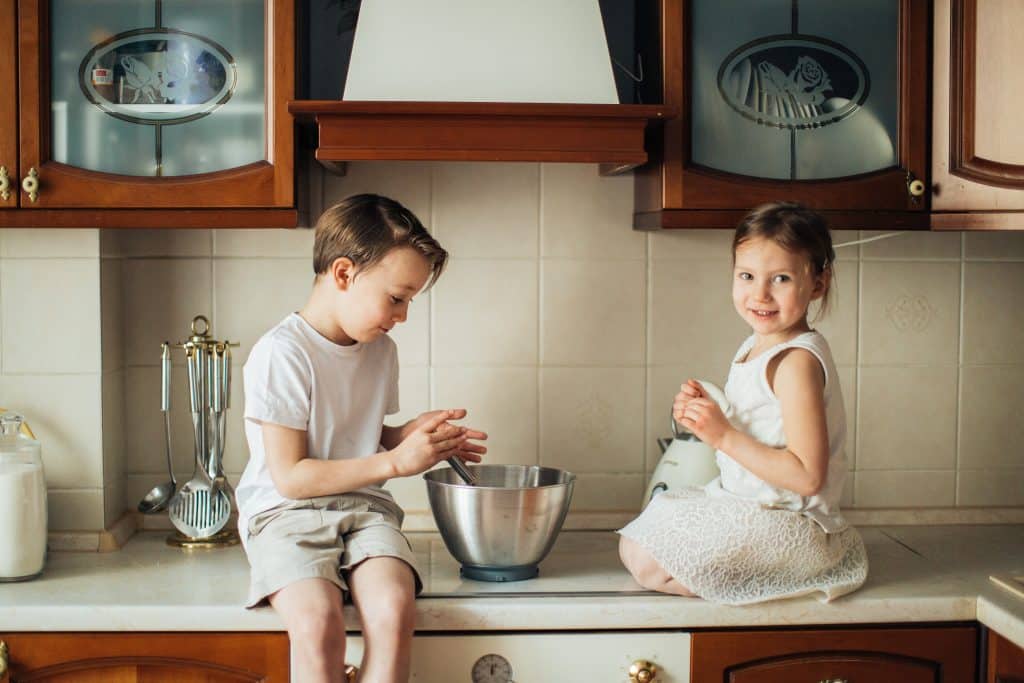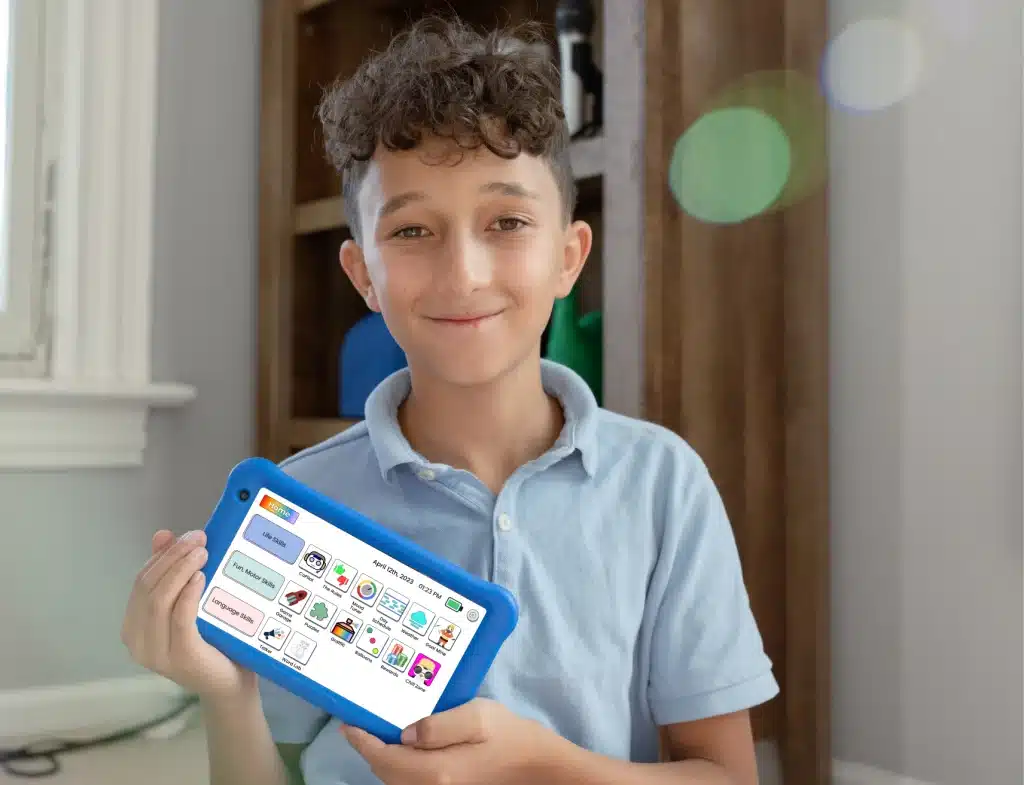Do you remember when you took your first steps or said your first words? Like those moments, it’s also great to make friends during playtime or stay calm when something doesn’t go your way. These are called social skills. Some kids find these skills tricky, but don’t worry! We’re here to help everyone get better at them.
Table of Contents
Decoding Social Skills
Before we look deeper, let’s define “social skills.” These are the abilities that enable us to interact effectively with others. They encompass communication skills, empathy, patience, and a knack for sharing and taking turns. For neurodivergent kids, these skills might not come as naturally as they do for their neurotypical peers. But, they can learn and flourish socially with the right guidance and support.
Understanding social skills is like learning a new language. It’s about decoding the subtle nuances of human interaction. It’s about understanding body language, tone of voice, and facial expressions. It’s about learning to respond appropriately in different social situations. And just like any language, the earlier your child starts learning, the more fluent they’ll become.
SPONSORED BY: Goally
Goally’s Kid’s Tablet has one of the largest libraries of skill-building videos (like “How to Share” and “What To Do When You’re Lost”) in the Goal Mine app.👇
Sponsored by: Goally
"Goally has changed our lives. I no longer nag our son nonstop to complete basic tasks like getting ready for bed or cleaning his room!" — Bryna, Goally Mom Learn more →
Why Social Skills Matter?
You might wonder why social skills are so important? Well, they are crucial for several reasons. Above all, they are the foundation for building relationships, a vital aspect of our lives. Moreover, research indicates that kids with robust social skills have better academic performance and mental health. In short, these skills are essential for your child’s overall well-being.
Think of social skills as the glue that holds our social interactions together. They help us make friends, work in teams, and get along with others. They enable us to understand and respect others’ perspectives, even when they differ. They help us navigate the complex world of human relationships with grace and confidence.

Read more: Social Emotional Development Milestones
Enhancing Social Skills in Kids
how can you support your child in developing these skills? Here are some strategies that can make a significant difference:
- Modeling: Kids learn a lot from observing the adults around them. So, show them how it’s done. For instance, demonstrate active listening when they talk to you or healthily express your feelings.
- Role-playing: This can be a fun and effective way to teach social skills. Create scenarios that your child might encounter and practice how to respond.
- Using tech tools: Technology can be a great ally in this journey. Apps like Goally, designed for kids with thinking and learning differences, can provide structured routines that foster independence and social skills.
Remember, building social skills is a process, not an event. It takes time, patience, and lots of practice. But with each small step, your child is moving closer to becoming a confident and competent social being. And that’s something worth celebrating!
Every Step Counts
Developing social skills is a journey, not a destination. Each small step your child takes is a victory worth celebrating. Above all, your love, patience, and support are your child’s most valuable resources in this journey. So, keep going, and know you’re doing an amazing job.
With tools like Goally, you can make this journey easier. Goally’s learning tablet for kids is designed to foster independence and social skills in a fun and engaging way. It’s like having a personal coach for your child, guiding them through the complexities of social interaction.

Give your kid an independent future. Goally has 15+ learning apps that teach life skills. There are NO web browsers, social media, or YouTube.
Our apps teach executive function, language, emotional regulation, finger dexterity skills, and more. It also 100+ video classes teaching social skills.
Helping your child develop social skills can be a challenging but rewarding journey. You can make a significant difference in your child’s social development with understanding, patience, and the right strategies. So, here’s to celebrating all the victories, big and small, on this journey of growth and discovery. Remember, every child is unique. What works for one child might not work for another. So, be patient, be flexible, and most importantly, be there for your child. With your support and the right tools, your child can master the art of social interaction and thrive uniquely.
FAQ’s About Social Skills
What is a visual schedule and how does it boost social skills? A visual schedule uses pictures to show daily plans, helping kids understand and get ready for social events, making interactions smoother. How can emotional regulation apps improve children's social skills? These apps teach kids to recognize and handle their feelings, making it easier for them to get along with others and handle social situations. Why are rewards important for enhancing social skills in kids? Rewards encourage kids to repeat good behaviors, like sharing or listening, making them more socially confident and adept. Can understanding social cues help improve a child's social skills? Yes, recognizing facial expressions and body language can help kids respond better in social situations, improving friendships and interactions. How can parents nurture their child's emotional intelligence for better social interactions? By teaching kids to understand and talk about their feelings, they become better equipped to relate to and understand others, enhancing their social connections.

Goally
We help parents teach their kids life skills, like doing bedtime and morning independently. Backed by science, we incorporate evidence-based practices and expert-informed designs in all of our apps and content.






